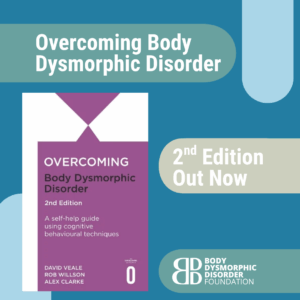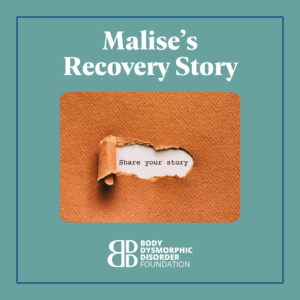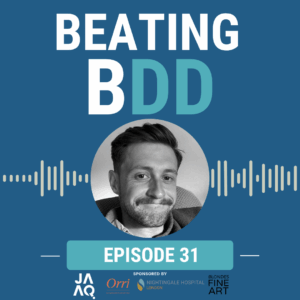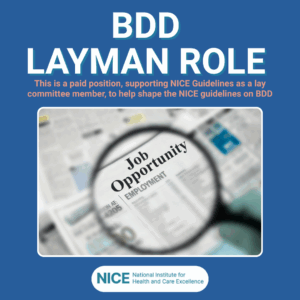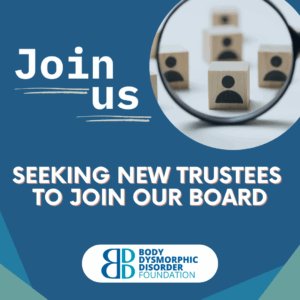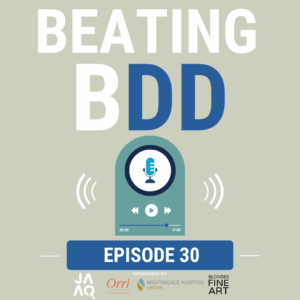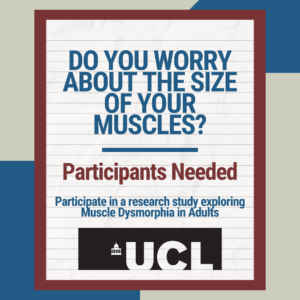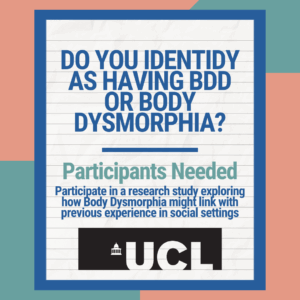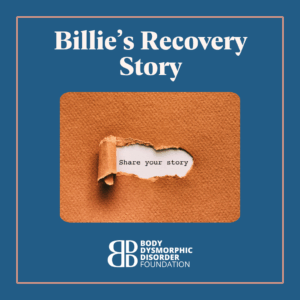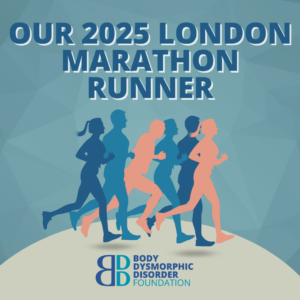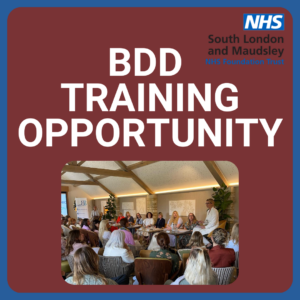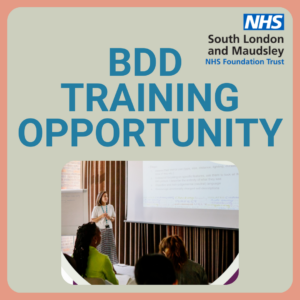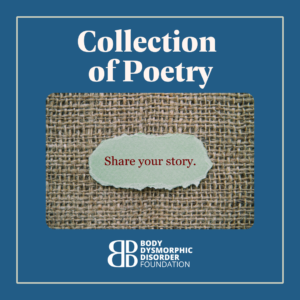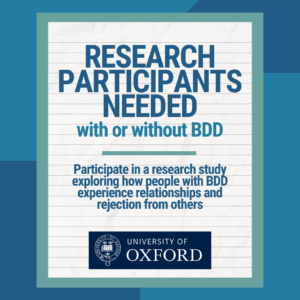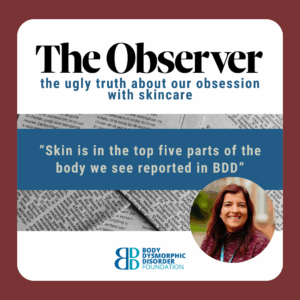What I most want to say to you is this: there is light at the end of the tunnel. It’s a slow process reprogramming your brain to think differently so you eventually feel differently, but it’s worth it!
I was at primary school when I first started thinking that I was too skinny and awkward-looking. Somebody teased me in the playground, someone else insisted that I needed feeding or tidying up… But I was already an insecure little girl. Life at home was unstable. I needed reassurance and security. I wanted so much to feel loved and accepted. I had a quirky mother, to whom I never felt as close as I wanted. I lacked a father figure but had an older brother who was adored and preferred over me. I spent my childhood years feeling depressed, and started to believe that the key to happiness lay in my looking a certain way.
I would fan out my hair on the pillow at night, hoping my mother would pop her head around the corner and think what a beautiful daughter she had. In fact I felt anything but. I was angry inside. I wet the bed, and had terrible nightmares. I suffered from panic attacks. I felt like a disappointment. I felt weird. As I got older school became a struggle. I was stuck in a rut of negative thinking about myself, and consequently my development suffered. Despite positive attention, friends, aptitude for some subjects, I became entrenched in my conclusion that I was not good enough. I was allowing myself to be ruled by an ideal of unattainable perfection.
“The mirror was my best friend and my worst enemy”
I looked to the mirror to help me cope with my difficult feelings. If I could only make myself appear a certain way then I would be okay. So my thinking went. I wore thermals underneath my clothes to bulk me out; I hid behind layers of make-up. I wore my hair a particular way to disguise all that I saw wrong with me. The mirror was my best friend and my worst enemy. I gazed in it secretly, because the monster was always gazing back; keeping me locked in a cycle of preening and face pulling. I couldn’t look in it in front of anybody. I would become quietly hysterical at the sight of a photograph of me.
I believed I was a monster. I had to conceal my true identity from the world, at any cost. So, at the age of fifteen, when life should have been exciting and full of a sense of beginnings, of character-building experiences, I dropped out of school and, for an entire year, became a recluse. I lost touch with the world and life grew cold and lonely. All my time was spent gazing into the mirror, wondering what was wrong with me and why I couldn’t look and be normal like everyone else.
At sixteen I finally met someone, moved to London, and started working. People would offer up compliments and even tell me that I should be modelling. But, although I thrived on positive attention when I was with others, later, alone at home, my hellish reality would dawn on me again. I felt like a fraud. I’d spend hours naked, just looking at myself, poking and prodding bits, preening, exercising, worrying that every additive in the food I ate was conspiring to make my skin uglier. I’d check my reflection from every angle, under every kind of light, always ending up back with my self-loathing and tears. My life was not so much about living as surviving. I didn’t feel worthy of happiness. So many times I ran away, only to find that, funnily enough, I couldn’t get away from myself. With each new home, new area, new job, I’d vow that things would be different. I’d be different. But nothing changed.
“As I started to read I had a sense of revelation, because I saw myself in this horrendous illness. Suddenly I wasn’t alone, I wasn’t crazy.”
I remember the day I first heard about Body Dysmorphic Disorder. Flicking through a magazine I came across an article with the heading, ‘I Feel Too Ugly to Live.’ It spoke directly to me. As I started to read I had a sense of revelation, because I saw myself in this horrendous illness. Suddenly I wasn’t alone, I wasn’t crazy. I know some people struggle to believe they have this disorder but for me there was no mistaking it. I went to get a professional opinion at the Priory in North London and walked away determined that I’d kick arse with this disorder.
I tried various medications, eventually some counselling; I even visited a spiritual healer and tried prayer. I read up on the illness, I talked with others who were suffering, I created a website, ‘BDD Help’, to raise awareness and reach out to other sufferers. Yes, some days I struggle and cry and get frustrated because I don’t feel good enough or presentable. It’s to be expected; you pick yourself up and brush yourself down. I have found ways to keep my BDD demons under control, and to get enjoyment out of things I never could before. What I most want to say to you is this: there is light at the end of the tunnel. It’s a slow process reprogramming your brain to think differently so you eventually feel differently, but it’s worth it! And it can even be fun getting to discover who you really are from the inside too, to see yourself changing for the better by developing new ways of thinking and being. Life is an adventure and that is the only way to look at it.
So where am I now? Well you know what, with my hand on my heart I could look back on my life so far and either feel regret and sadness, or take out of it valuable insights to carry me forward. I choose the latter. As I get older I realize that it’s the world I live in that is messed up, not me. I see through the media and the beauty industry, all the ignorant and shallow grand illusions that we’re sold. I appreciate that beauty lies in imperfections and uniqueness. Yes, really! But I also see how sensitive and vulnerable we are as children, and how important it is to nourish and nurture every spirit.
I would like to end by saying a big Thank You to all of you that have contacted me since BDDHELP was created. For me it has been wonderful getting to know other sufferers, and to get back support and encouragement from you.
Onwards and upwards with love,
Emma x
More stories from the community
